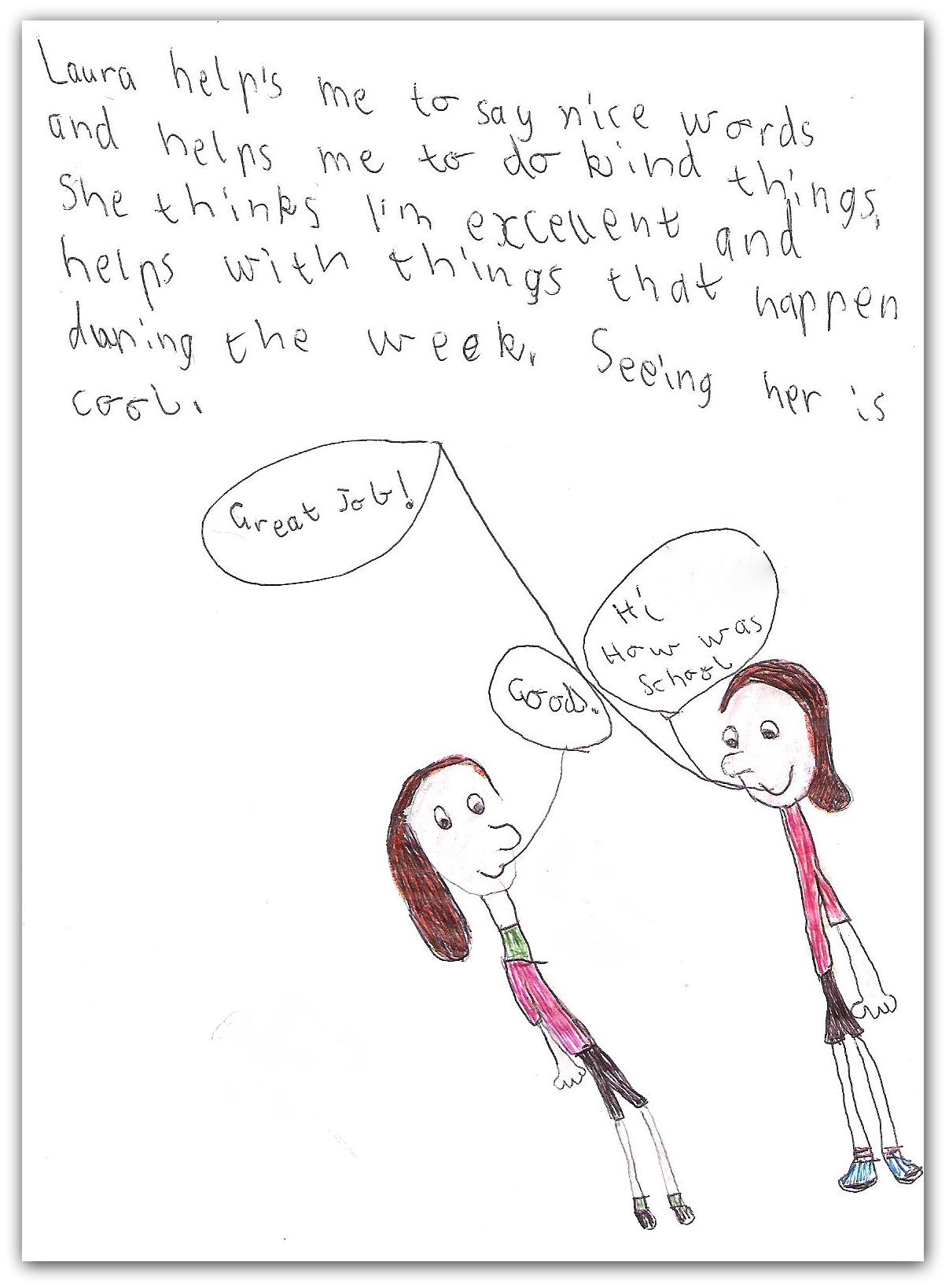APS College of Educational and Developmental Psychologists
About Us
- What is Educational and Developmental Psychology?

- Skills of Educational and Developmental Psychologists
- Areas of Expertise - Across the Lifespan
- Qualifications and registration
- Locating an Educational and Developmental Psychologist
What is Educational and Developmental Psychology?
Educational and Developmental Psychology is concerned with wellbeing across the lifespan, in particular, the development and learning of people throughout their lives. To this end, Educational and Developmental Psychologists work in a wide range of research and practice settings and may have one of many different titles, such as school psychologist, guidance officer, disability services officer, child and adolescent counsellor, and geropsychologist. Within these settings, Educational and Developmental Psychologists may work with individuals, couples, groups, organisations, or systems. In educational settings, Educational and Developmental Psychologists are centrally placed to identify and assist people with mental health and other psychological issues including learning difficulties. Wherever possible, early identification and intervention is essential for the treatment of mental health disorders.
Skills of Educational and Developmental Psychologists
Educational and Developmental Psychologists have knowledge and skills for evidence based practice in the following areas:
- Assessing developmental, learning and behavioural difficulties throughout the lifespan
- Diagnosing disabilities and disorders, such as Autism Spectrum Disorders
- Differential diagnosis
- Identifying and using evidence-based interventions
- Counselling
- Consulting with individuals and groups
- Designing training programs
- Evaluating programs and interventions
- Designing and implementing professional development programs
- Case management and liaising with other specialists
- Writing reports for multiple audiences (e.g., parents, teachers, and other professionals)
- Psychological consultancy and professional learning
Areas of Expertise - Across the Lifespan
Early childhood
Parents or professionals (e.g., GPs, Paediatricians, Child Health Nurses, and Child Care Centre staff) may refer a child to an Educational and Developmental Psychologist for the following reasons:
- Concerns about a child’s cognitive, behavioural, or emotional development
- Assessment of a developmental delay
- Assessment of specific disabilities (e.g., Intellectual Disability and Autism Spectrum Disorders)
- Assistance with feeding, sleeping or behaviour problems
- Infant mental health problems (e.g., anxiety and disordered attachment)
- Managing a child's difficult temperament
- Assistance with attachment issues, or with ‘goodness of fit’ between parent and child
- Parenting issues
- Sibling rivalry within the family
- Assessment of school readiness
- Assistance with treatment planning and early-intervention programs
School years
Parents, teachers or other professionals (or children themselves) may seek assistance for the following reasons:
- Problems with the transition to school, or from one phase of education to another
- Separation anxiety or school avoidance
- Psychoeducational assessment
- Assessment, diagnosis and treatment of learning difficulties and disorders (e.g., Dyslexia)
- Poor peer-relationships
- Behaviour problems and disorders (e.g., Attention Deficit Hyperactivity Disorder)
- Specialist behaviour management planning
- Low self esteem
- Well-being issues
- Mental health problems (e.g., mood disorders)
- Assessment of giftedness
- Family relationship issues
- Physical or sexual abuse
- Assistance with treatment planning and specialist support
- Whole school consultancy or intervention (e.g., social-emotional learning programs and critical incident intervention)
Adolescence
Adolescents, their parents, or others concerned with their welfare may seek help to deal with:
- Conflict between the adolescent and parents
- Friendship issues
- Peer pressure
- Behaviour problems
- Sexuality issues
- Disability issues
- Identity issues and the transition to adulthood
- Mental health problems
- Drug and alcohol problems
- Career guidance
- Adjustment and transition issues
- School to work transition
- Whole school community issues
Adulthood
Individuals, their partners or employers may seek assistance with:
- Relationship problems
- Divorce/separation
- Parenting and child-rearing
- Adoption issues
- Mid-life concerns
- Career restructuring
- Work stress
- Education and training in the workplace
Later adulthood
Elderly people or their adult children may seek information or assistance with:
- Healthy ageing
- Coping with decline in functioning
- Dependency
- Adjustment and transition issues
- Issues of loss or grief
Qualifications and Registration
Educational and Developmental Psychologists must complete a minimum of six years full-time university training followed by supervised experience. The six years must cover four years of an Australian Psychology Accreditation Council (APAC) accredited study in psychology as well as a two year or more APAC-accredited Educational and Developmental Psychology postgraduate coursework degree. All practising psychologists are legally required to be registered with the Psychology Board of Australia (PBA).
APAC accredited postgraduate university courses include:
Australian Catholic University:
Master of Psychology (Educational and Developmental)
Doctor of Psychology (Educational and Developmental)
Monash University:
Master of Psychology (Educational and Developmental)
Master of Psychology (Educational and Developmental)/PhD
Queensland University of Technology:
Master of Psychology (Educational and Developmental)
University of Melbourne:
Master of Educational Psychology
Master of Educational Psychology/PhD (Educational)
Locating an Educational and Developmental Psychologist
- Use the APS online Find a Psychologist referral service to locate a psychologist by performing a search and selecting issues under the relevant categories.
- Enquire through a government department or private agency concerned with child and adolescent development, ageing, disability, education or social and community service.
- Look for the APS listing under ‘psychologists' in the Yellow Pages.
- Speak to your doctor and ask for a referral.



